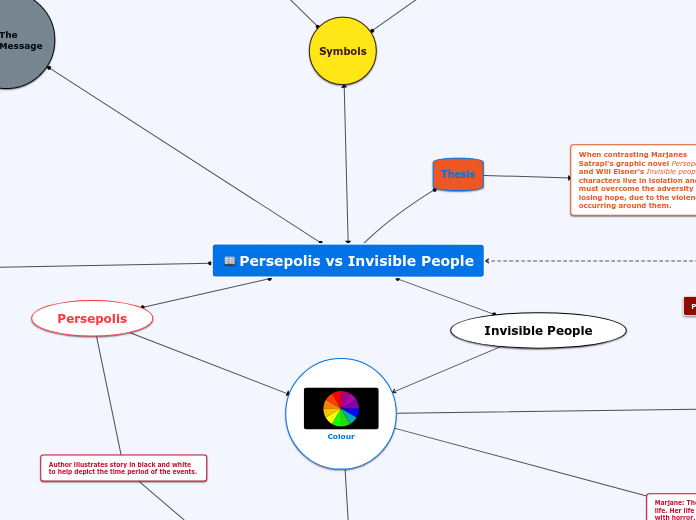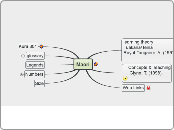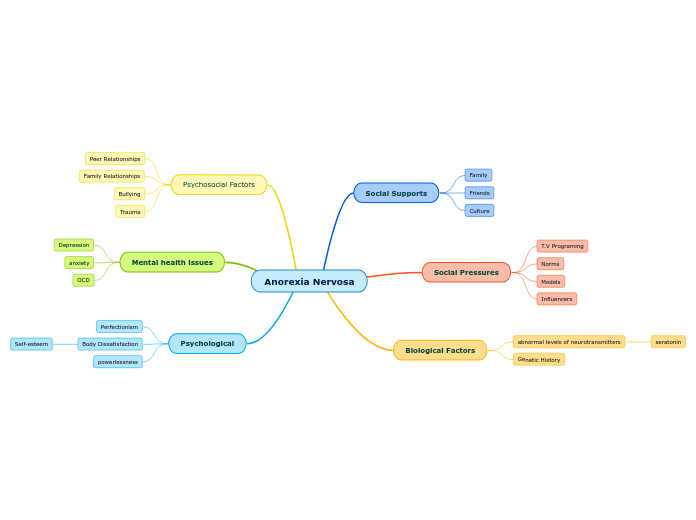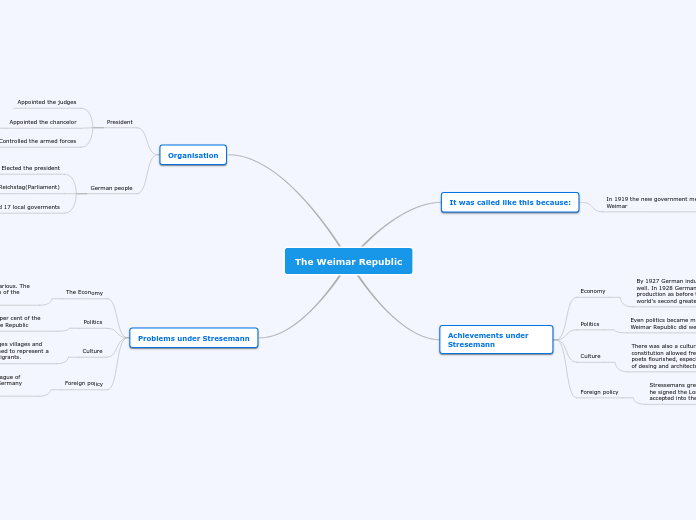jonka Jean-Paul Saliba 6 vuotta sitten
510
formalist comparison
The narrative contrasts fictional and non-fictional storytelling through the lens of personal and collective experiences. Marjane’s life, grounded in her real experiences in Iran, highlights the struggles imposed by a highly religious and oppressive culture, where women are forced to adhere to strict dress codes, and young children face harsh regulations.









